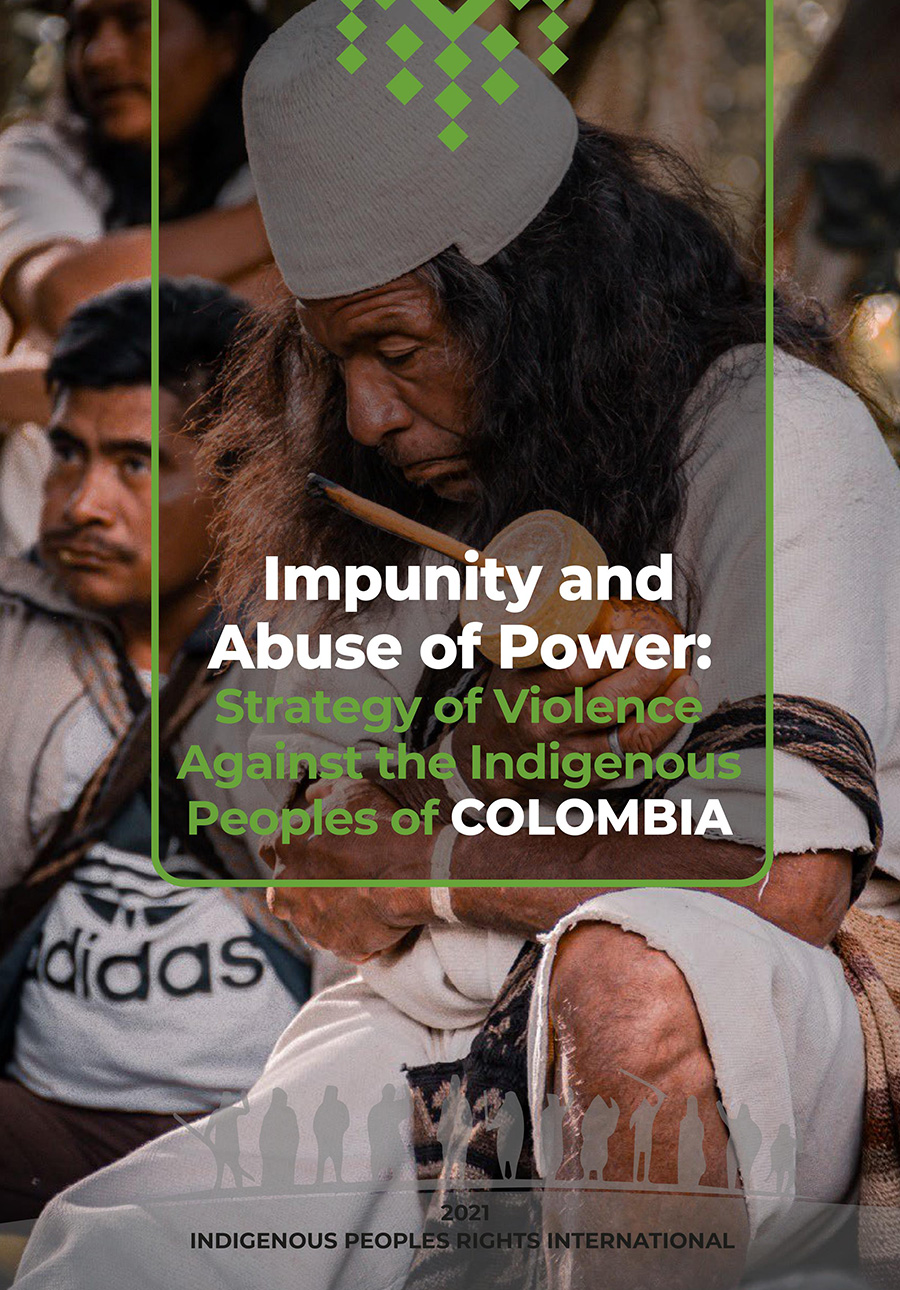IPRI was established to respond to the increased violence and criminalization inflicted upon indigenous peoples throughout the world. These human rights violations impact indigenous peoples, individually and collectively, as their collective rights as peoples and communities are also often (sometimes simultaneously) implicated or negatively affected. Increased violence and criminalization is frequently a response to legitimate actions undertaken by indigenous peoples and their communities to defend their rights, rights universally recognized by the international community, inter alia, in the 2007 United Nations Declaration on the Rights of Indigenous People.
When indigenous communities engage in the defense of their fundamental human rights they are regularly subjected to homicide, forced disappearance, forced displacement, and unfounded charges that put indigenous leaders in jail. Such violations are carried out in an environment that grants full impunity to perpetrators, a situation that is made worse by indigenous peoples’ limited access to justice mechanisms.
To respond to this deeply concerning situation, IPRI has worked to increase awareness and advocacy, capacity-building programs and campaigns that highlight for the international community the need to support indigenous peoples’ initiatives to denounce injustices and to protect themselves, individually and collectively. IPRI has also created a legal and sanctuary fund that provides individual and collective support for indigenous victims of violence and criminalization.
IPRI is presently active in six pilot countries, all experiencing high rates of violence and criminalization against indigenous peoples, all in a context of widespread impunity. These are the Philippines and India in Asia; The Democratic Republic of Congo in Africa; and Brazil, Colombia, and Mexico in Latin America. IPRI has carried out investigations and established alliances with organizations, indigenous leaders, and other relevant actors in each country to understand local conditions and trends in impunity, violence, and criminalization. In each country, IPRI also supports local actions and initiatives for prevention and increased protection.
IPRI is proud to present this report produced by the IPRI–Colombia team. The report analyses the relationships between indigenous peoples and the State. These relationships are characterized by domination and the arbitrary use of power in three different forms: cultural assimilation through regulations in State law, repression, and physical and cultural elimination. In each instance, the State targets particular lifeways as a function of the capitalist mode of production. Here, indigenous communities are deemed to be a central challenge for profit accumulation insofar as they engage in collectively organized living that demonstrate that alternate forms of inhabiting the planet are possible.
Specifically, the report highlights the ways that criminalization responds to three distinctive patterns of abuse of power involving discourse, regulation, and brute force, respectively. In thus situates criminalization, impunity, and other forms of violence within a complex web of actors, networks, and relations that contribute to the State enterprise of eliminating collectively organized ways of living.
This report is the result of a collective work in Colombia, which reflects IPRI’s mission and vision for Latin America. It was elaborated with the participation of defenders of indigenous communities’ human rights and victims of criminalization in the Departments of Cauca, Nariño, Guajira, Cesar, Caldas, and Chocó. The report was organized by Leonor Zalabata Torres, Francisco Hernando Vanegas Toro, María Elvira Guerra Cújar, Edith Bastidas, and Sonia Catalina Fracica. The report was translated by Igor A. Rodríguez.


